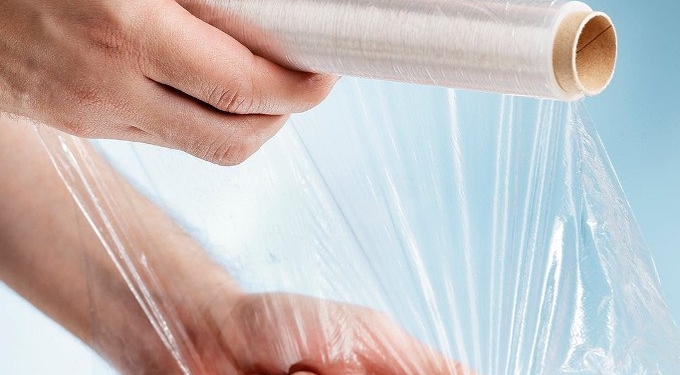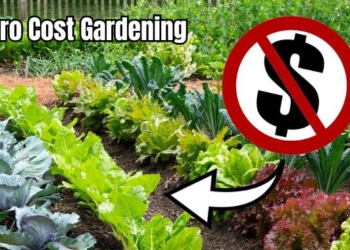
By Mandy Froelich | Truth Theory
If you’re looking to reduce your carbon imprint without really changing your lifestyle, this edible film may be one of the available solutions to doing so. According to new research published in the Journal of Agricultural and Food Chemistry, a newly-developed edible film containing the essential oils clove and oregano may protect food better than conventional plastic film.
The study was led by researchers from the Department of Food Technology at the Federal University of Vicosa. The team recognized the need for a sustainable film to protect food. They also know of the oils’ antimicrobial properties and theorized that they could be embedded in food packaging. It turns out they were right.
By using low-speed mixing and ultrasonication techniques, the team was able to form coarse emulsions and nanoemulsions of both clove bud (Syzygium aromaticum) and oregano (Origanum vulgare). Afterward, they added methylcellulose, a type of edible fiber, to create the film sheets.
Then they conducted an experiment. Two preservative-free loaves of bread were baked—one was covered with the edible film and the other with conventional plastic film. After 15 days, the researchers noted that the bread covered with the edible film had marked a reduction in both yeast and mold counts, likely due to the smaller-sized particles providing more enhanced protection.
All in all, it was concluded that the film made with essential oils maintained the bread’s freshness for longer than the calcium propionate and plastic version. This is an important find, as natural treatments are often considered to be inferior to conventional ones.
“Both essential oils reduced the rigidity and increased the extensibility of the methylcellulose films, effects that were even more pronounced for nanodroplets,” the researchers wrote. “Both essential oils lessened the counts of yeasts and molds in sliced bread during 15 days, and droplet size reduction provided further improvement in antimicrobial properties.”
It is also worth noting that the edible film is much healthier than plastic film because it does not contain chemical preservatives to extend the shelf life of food. These chemicals can leach into the food they’re supposed to be protecting and have been linked to health conditions. It is for this reason experts recommend you store your to-go lunch and leftovers in ceramic, stainless steel, and glass containers.
“Leachables from plastics can include everything from leftover monomer building blocks to additives used to make plastic strong or malleable,” explains a report by Chemical & Engineering News, which is published by the American Chemical Society (ACS). “Probably the most infamous leachable from plastics is bisphenol A (BPA), which is used as a building block in polycarbonate bottles and in the epoxy-resin liners of metal cans.”
It is presently unknown if or when this product will be available in markets, but if it were available in your city right now, would you use this edible film? Comment your thoughts below and share this news!
IMAGE CREDIT: stocksnapper
About the Author

Amanda Froelich
I'm an RHN, plant-based chef, a freelance writer with 6+ years of experience, Reiki master therapist, world traveler and enthusiast of everything to do with animal rights, sustainability, cannabis, and conscious living. I share healthy recipes at Bloom for Life and cannabis-infused treats at My Stoned Kitchen. Read More stories by Amanda Froelich
















